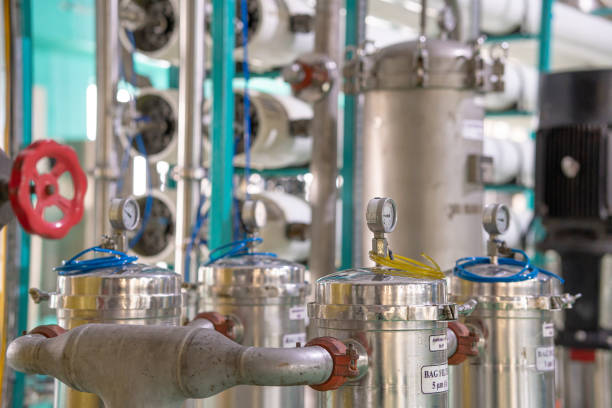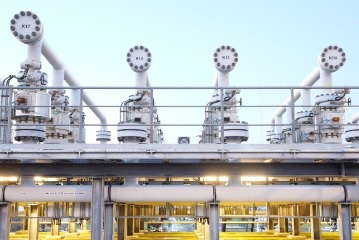Obsolete Instrumentation Opportunity to Improve
On average, an instrument can have a lifespan of 10 -15 years as long as it continues to be supported and it is not unknown for users to still be using obsolete equipment that is 20 or more years old.
The risk of using instruments in the obsolete phase is that there is little or no possibility of replacing worn parts, leading to inaccurate readings.
Inaccuracies in flow measurement can negatively affect revenue, while offsets in critical instruments could have serious consequences for safety or result in non-compliance with regulatory requirements.
Opportunity
Obsolete instruments provide an opportunity to upgrade to newer models with increased efficiency and more useful features. Newer instruments may have faster processing times or more detailed data output.
An investment in new instruments can reduce maintenance and repair costs as well as reducing the time caretakers spend on maintenance and repair in the long run.


